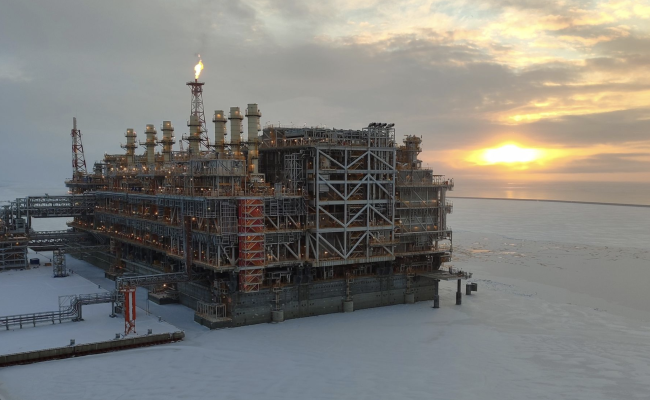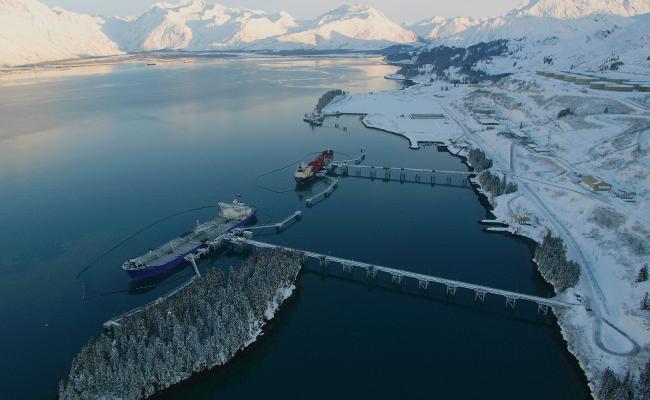South Korea Looking to Transform Port of Busan Into Arctic Shipping Gateway
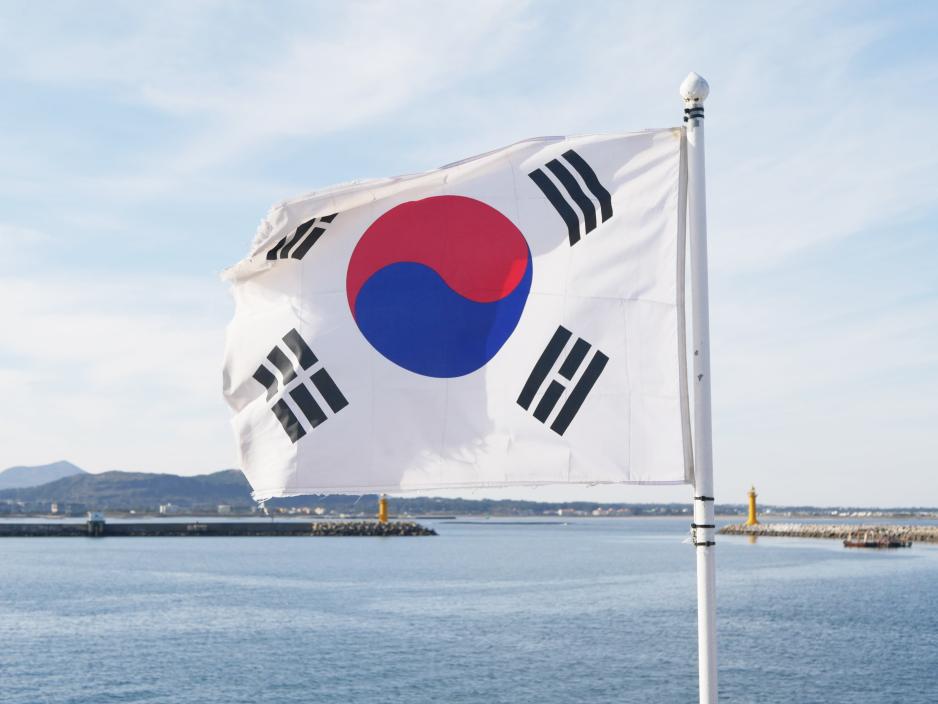
South Korea already maintains a key role in Arctic shipping via its shipbuilding prowess.
Could Arctic shipping revive and transform South Korea’s southern ports? Leading presidential candidate Lee Jae-myung believes so, touting his vision of the Asian nation as a key hub for emerging Arctic routes.
The allure of Arctic shipping and South Korea’s role in it has taken center stage in the country’s presidential election.
Democratic party presidential candidate, Lee Jae-myung, has staked his political future on reviving the country’s southern port cities, including Busan and Ulsan, including transforming them into gateways for Arctic maritime trade.
Lee has closely tied the economic future of the country’s southern ports to the opportunities arising from Arctic shipping.
“The economy is facing headwinds, the population is shrinking, and youth is leaving. Shouldn’t we find an alternative? Today, I’ve brought such an alternative. The Arctic route is opening up,” Lee announced during a campaign rally in Busan earlier this month.
Shipping data confirm the country’s strategic location with much of the traffic from Russia’s Northern Sea Route passing near South Korea. A number of recent voyages, including container ship traffic from China to Russia via the Arctic, made stops at South Korean ports.
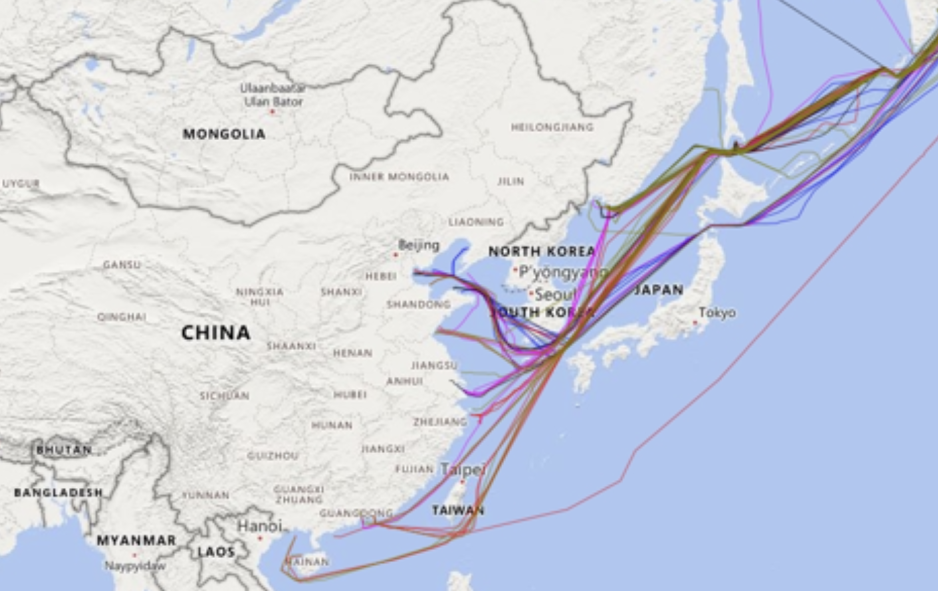
Shipping traffic from Russia’s Northern Sea Route in 2024 passing near South Korea. (Source: CHNL)
Competing with China and Japan
Unlike other Asian countries, including parts of China, located too far to the south to fundamentally benefit from the distance savings of Arctic shipping routes, South Korea’s position further north could allow it to profit from the polar shortcuts.
Lee’s efforts are also underscored by regional power dynamics, with both China and Japan similarly positioned vis-à-vis the Arctic.
“Japan and China have already made preparations. And we should be doing the same — but we're falling behind,” Lee warned during the same political speech.
South Korea already maintains a key role in Arctic shipping via its shipbuilding prowess. Much of the specialized fleet of ice-capable oil tankers and liquefied natural gas carriers, has been built by South Korean industrial powerhouses Hanwha Ocean and Samsung Heavy Industries.
Over the past decade the yards have completed more than two dozen vessels with high ice-class, among them the fifteen Arc7 LNG carriers used by Russia’s Yamal gas project.
Arctic shipping as economic driver
For Lee, the potential of Arctic shipping ties directly into reviving the industrial activity in the country’s southern region, where shipbuilding, logistics, and maritime trade have long been the economic driver.
Why not use this established expertise in Arctic shipping to further expand South Korea’s role in the region, the presidential candidate asked earlier this month.
“Development of the Arctic Route is also another opportunity. Due to global warming, the navigation period of the Arctic Route is increasing and the volume of cargo is also increasing. As such, there is a high possibility that new demand will be created in the shipbuilding industry,” the presidential candidate announced in a social media post on March 21st.
“It may take time and there are many tasks to solve, but let's just imagine that the cargo spreads across the world through the Arctic routes,” he continued.
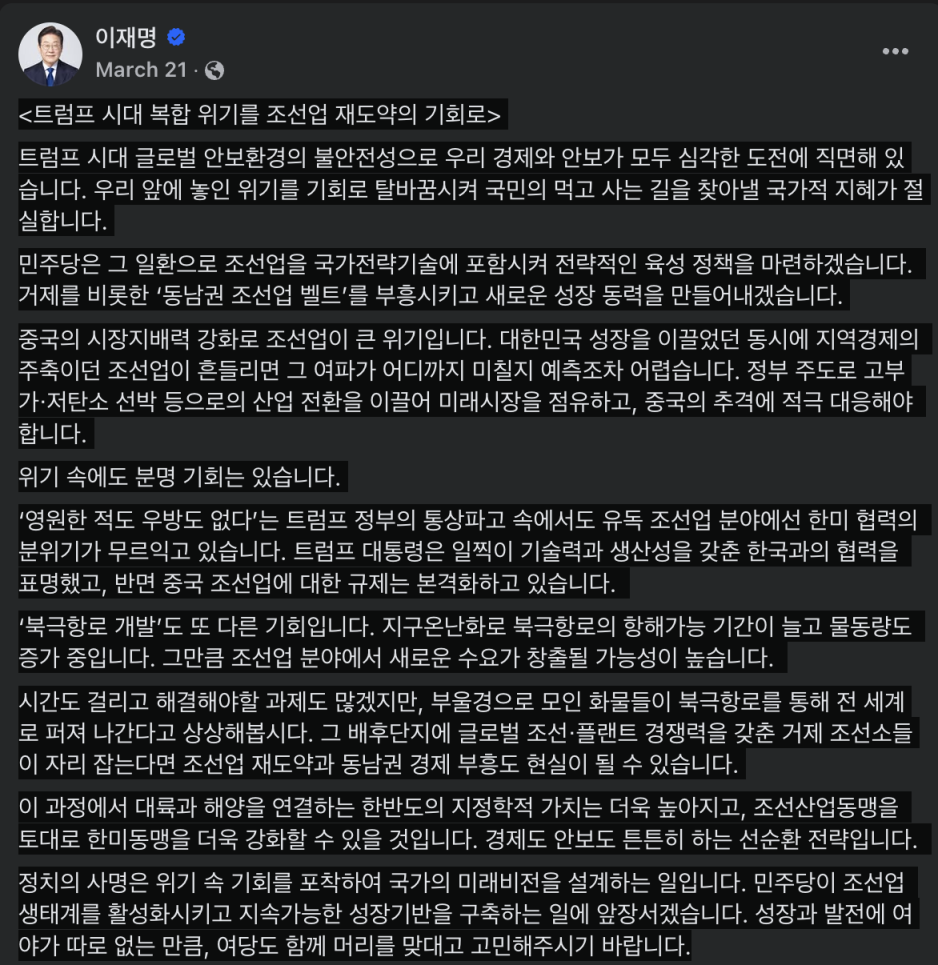
Lee Jae-myung describing South Korea’s opportunity in Arctic shipping in social media post on March 21. (Source: Facebook/Lee Jae-myung)
As a concrete step to boosting the region, Lee proposed the relocation of the headquarters of HMM, the country’s largest container shipping operator, and the Ministry of Oceans and Fisheries to the port of Busan.
Lee’s vision for South Korea’s role in Arctic maritime trade takes a page out of President Trump’s playbook who has also been looking to strengthen U.S. shipbuilding and re-establish the country’s maritime dominance.
“In this process, the geopolitical value of the Korean Peninsula, which connects the continent and the ocean, will increase even more, and the Korea-US alliance will be further strengthened based on the shipbuilding industry alliance.”


